4 events across Europe propose a Mutual Learning platform for Building professionals
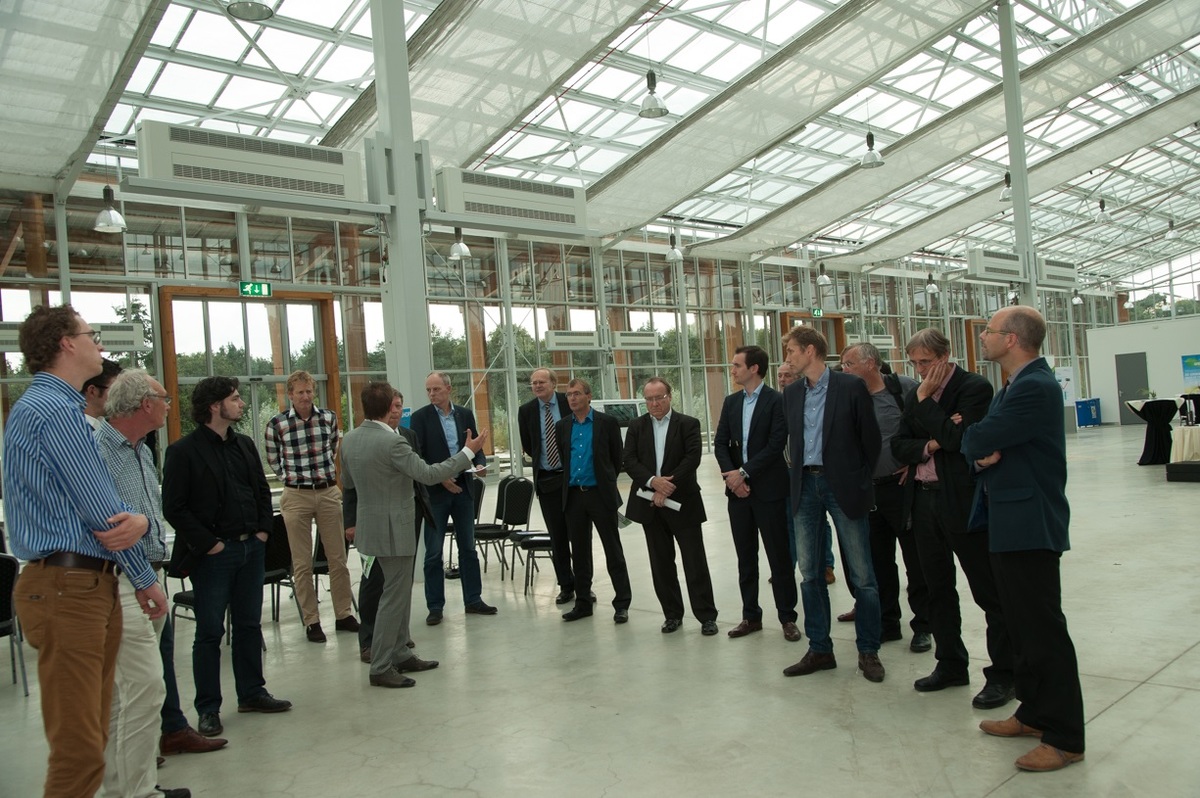
European project LEARN-EER, Mutual Learning for Energy Efficient Retrofitting, will undertake this challenge through an innovative learning platform that will answer to professional’s skill needs from the participating countries as to future professionals from building and energy sector.
To introduce the LearnEER project to potential users, four events had been recently celebrated, where the project objectives, the main activities accomplished and the results reached in the first semester have been explained.
Each event was organized and developed by the following partner entities: CAM Consulting (Hungary); Projects in Motion (Malta); INTROMAC (Spain) and Gemeente Venray (The Netherlands). The broad target group were VET students, professionals, researchers and service providers of the Energy Efficient Building Retrofitting (EER) sector. The content showed included the following topics:
- Description of the EER value chain and agents profile
- Definition of the EER sector barriers for knowledge transfer
- Introduction to the learning approach based on mutual learning methodology
- Explanation of first project outcomes regarding:
- Mutual learning best practices and framework of the LearnEER Platform
- Users knowledge transfer approach within the LearnEER Platform
Discussions at the end of the events were particularly focussed on the lack of access to available best practices and new learning approaches, particularly mutual learning techniques. A structured approach, combined with a user-friendly platform and suitable learning resources were deemed as particularly relevant by the audience.
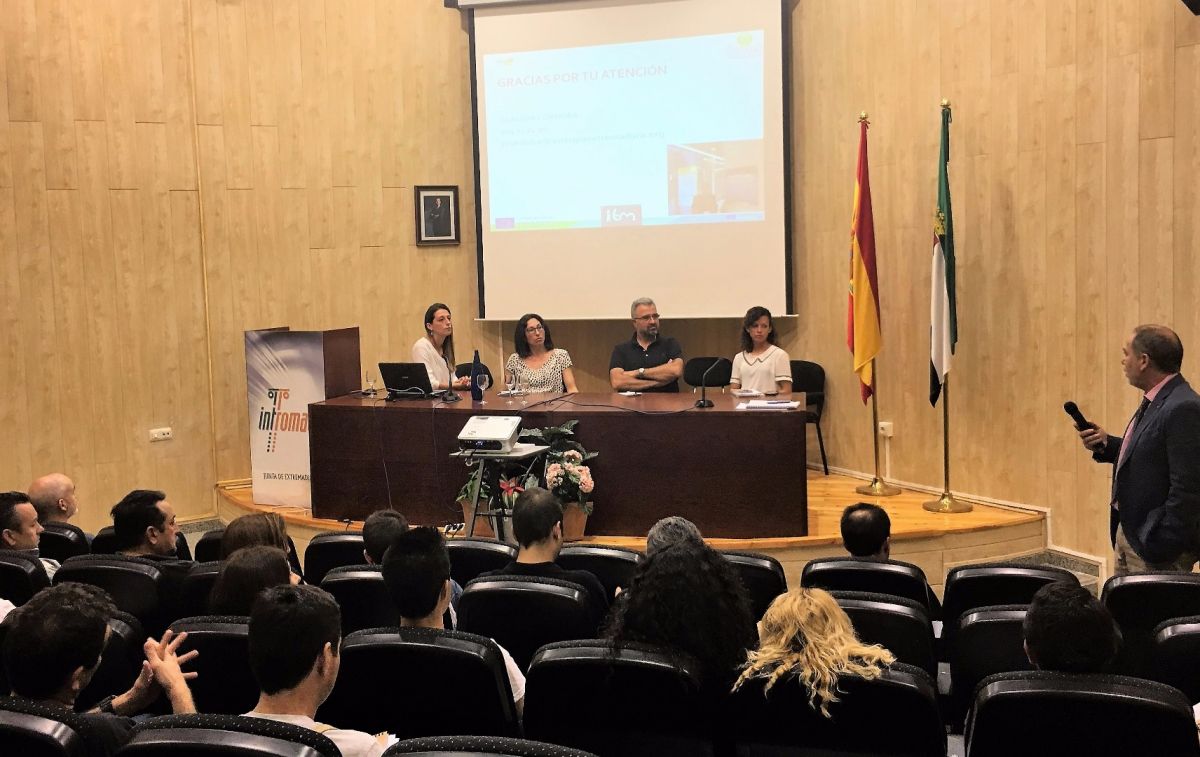 |
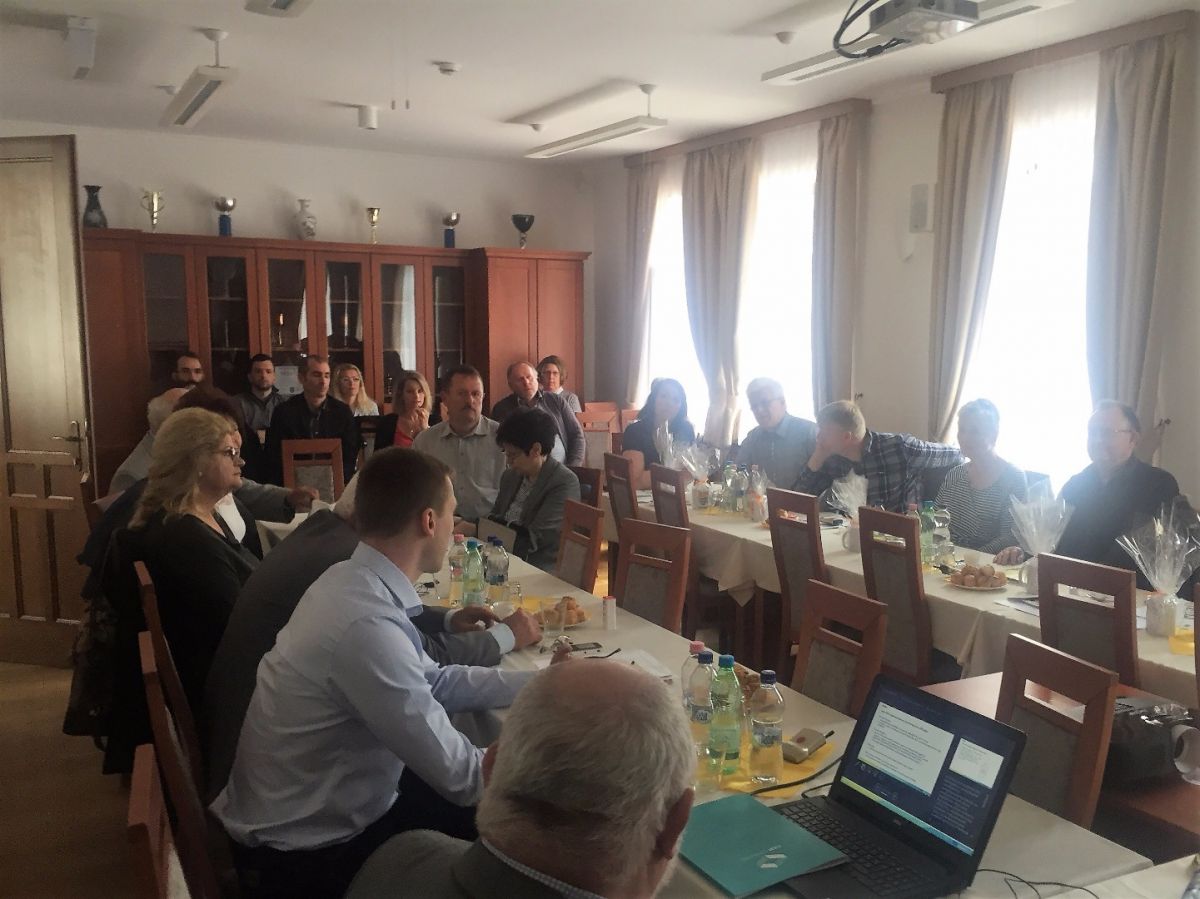 |
| LearnEER event in Spain | LearnEER event in Hungary |
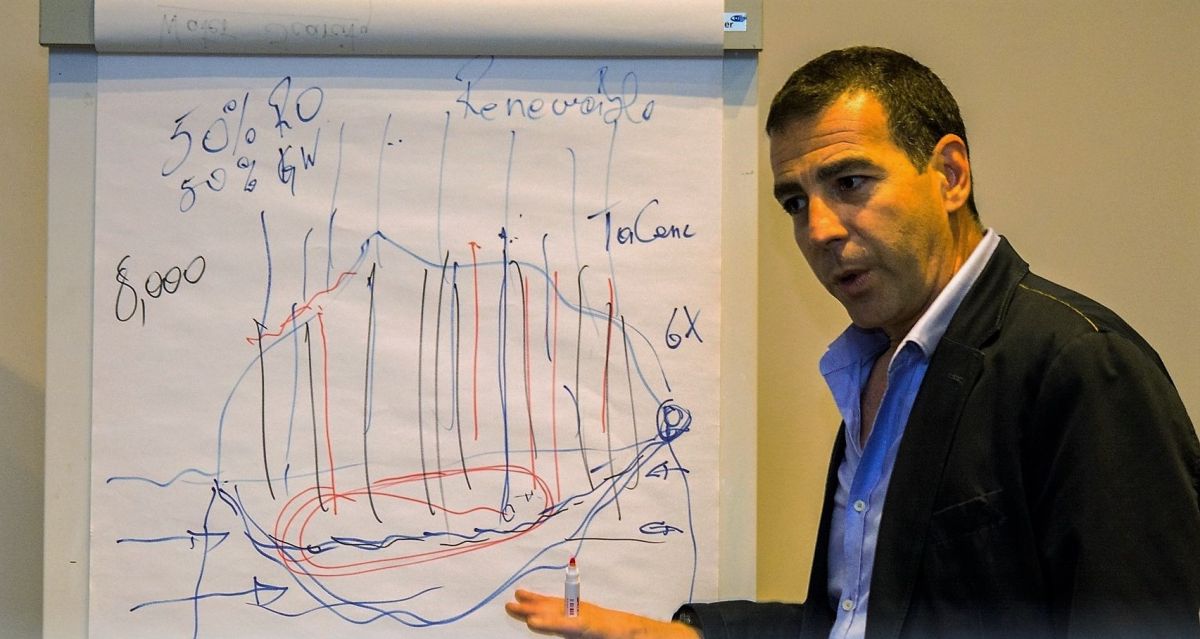 |
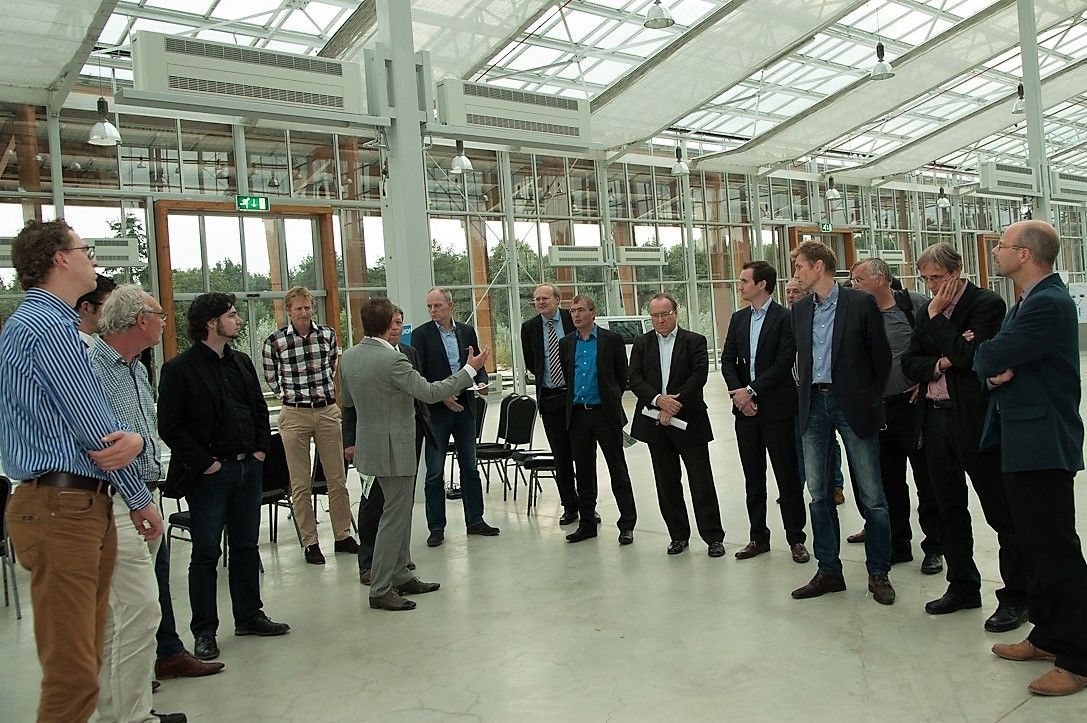 |
| LearnEER event in Malta | LearnEER event in The Netherlands |
The LearnEER project
LearnEER project is based on a mutual learning approach which enables a flexible, open and social environment for knowledge sharing. This approach may bring about an updated, open, shared and attractive LearnEER Platform that satisfies the training needs required where users will decide the training content, focusing on continuing vocational education to increase Energy Efficient Retrofitting professional's quality standards and tackle the EER sector competitiveness.
On this basis, a basic definition for 'Mutual Learning' and 'Energy Efficient Retrofitting' is necessary. Mutual learning is a technique by which 2 persons learn by sharing knowledge between them. Each individual has a trainer and a learner role. The trainer learns to share its knowledge and the learner gains new concepts. Energy Efficient Retrofitting is referred to a new sector that has emerged as a transformation of the construction sector when Europe2020 initiative established the Energy objectives for buildings. Here two main directives were developed: Directive 2010/31/EU "Energy Performance of Buildings", and Directive 2012/27/EU "Energy Efficiency".
The learning barriers
In order to support the development of the LearnEER Platform, a research exercise was carried out studying the EER sector barriers and training needs for professionals and future professionals to gain and share knowledge and have competence in EER. Also an exercise identifying existing best practices of online mutual learning platforms was carried in order to extract the main successful features of these sites and build upon them when designing the LearnEER Platform.
The main knowledge transfer needs categories identified are: (A) Skills & Awareness and (B) Knowledge Management. The conclusions extracted from the study show that improvement in the (A) Skills & Awareness category is ultimately based on the improvement of currently available and new educational qualifications and opportunities at all levels of the EER value chain, end users awareness included, through e-learning tools. Within the Knowledge Management Needs category, research showed that when implementing any of the knowledge management solutions, it is necessary to define strict working areas and modes of operation in order to safeguard the knowledge management rights of each of the individual agents themselves.
The LearnEER project has been funded with support from the European Commission through the Erasmus+ Programme coordinated by the Spanish Service for the Internationalization of Education (SEPIE). It has been supported by the Key Action 2, Cooperation for innovation and the exchange of good practices, Strategic partnerships in Vocational Education and Training, particularly in this project in the field of Energy Efficiency.
Further objectives pursued in multiplier events include awareness generation towards EER and sustainability, engaging audience in the project progress and LearnEER Platform development. The design and development of the mutual learning platform are ongoing and their progress can be followed on the project website, www.learneer.eu.



